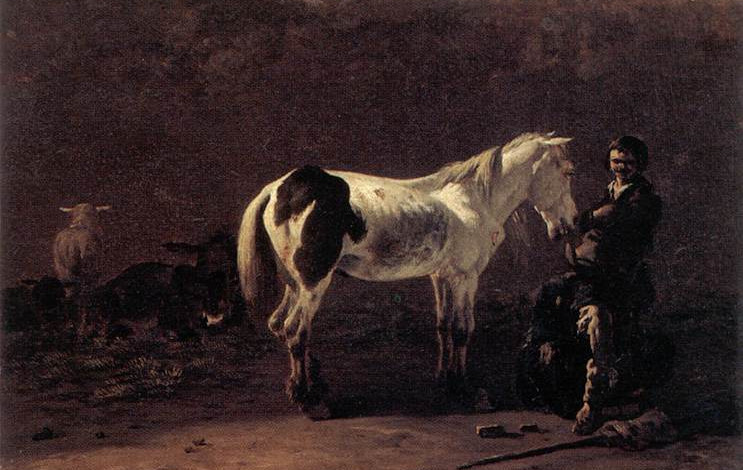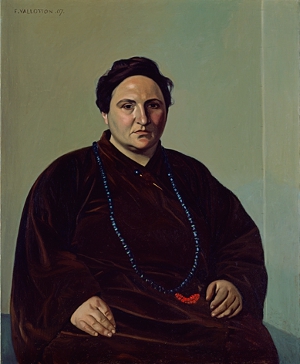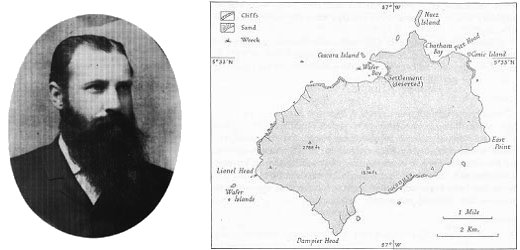
A legal conundrum from Jonathan Swift and Alexander Pope’s Memoirs of Martinus Scriblerus (1741): Sir John Swale bequeaths to Matthew Stradling “all my black and white Horses.” Sir John has six black, six white, and six pied horses. Should Stradling get the pied ones?
On the one hand, “Whatever is Black and White, is Pyed, and whatever is Pyed is Black and White; ergo, Black and White is Pyed, and, vice versa, Pyed is Black and White.”
On the other, “A pyed Horse is not a white Horse, neither is a pyed a black Horse; how then can pyed Horses come under the Words of black and white Horses?”
Perhaps this will help — a proof that all horses are the same color, condensed from Joel E. Cohen, “On the Nature of Mathematical Proofs,” Opus, May 1961, from A Random Walk in Science:
It is obvious that one horse is the same colour. Let us assume the proposition P(k) that k horses are the same colour and use this to imply that k+1 horses are the same colour. Given the set of k+1 horses, we remove one horse; then the remaining k horses are the same colour, by hypothesis. We remove another horse and replace the first; the k horses, by hypothesis, are again the same colour. We repeat this until by exhaustion the k+1 sets of k horses have each been shown to be the same color. It follows then that since every horse is the same colour as every other horse, P(k) entails P(k+1). But since we have shown P(1) to be true, P is true for all succeeding values of k, that is, all horses are the same colour.




